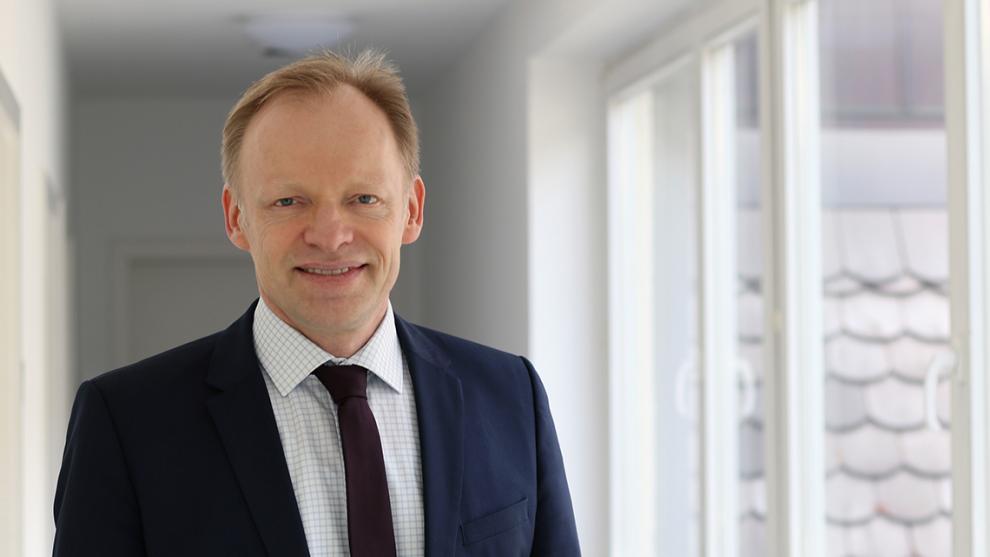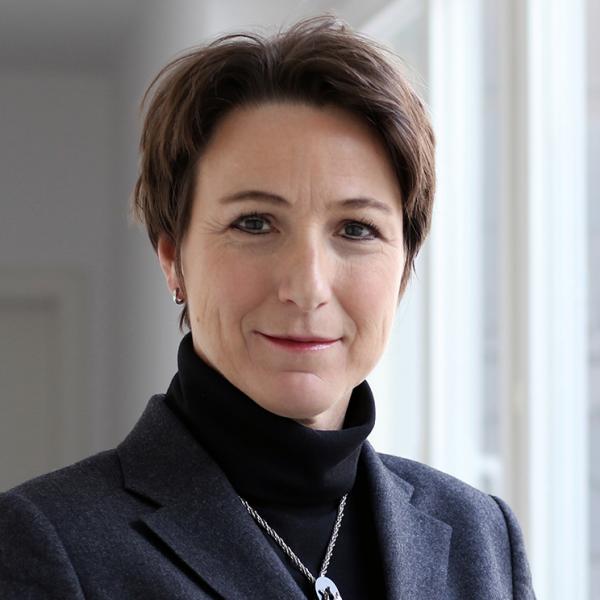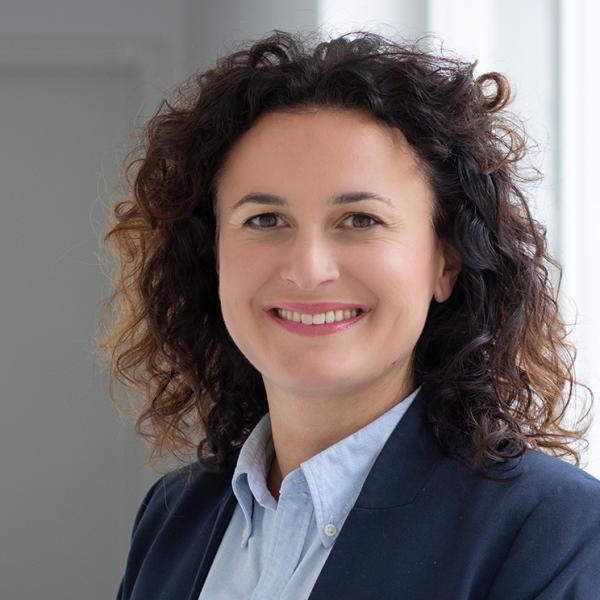ifo Media Center
The ifo Institute invites you to participate in the discussion of interesting economic topics via the Internet. In our ifo Media Center a whole series of remarkable events are available and can be viewed in full length. We also record selected speeches and presentations given by employees or at events and make them available in our Media Center.

Dr. Henning Hermes
Economist
ifo Viewpoint 250: Can Economic Growth and Ecological Sustainability Coexist?
Is long-term economic growth compatible with ecologically sustainable development? This question stands as one of the most debated issues of our time. Over the past decades, growth driven by economic liberalization and globalization has brought prosperity to billions and reduced global poverty. However, this positive trajectory has come at a high cost to the environment and the depletion of natural resources. The limitations of economic growth at the expense of the environment are evident. Sustainable economic prosperity can only be achieved in the long run if it is coupled with ecological sustainability.
ifo Viewpoint 249: Four-Day Work Week? No Longer in Keeping with the Times!
Debates about the number of working days per week are nothing unusual in Germany. In the 1950s, the six-day week was the norm until the unions pushed through the reduction of working hours with the slogan “On Saturday, daddy belongs to me.” After many decades in which the five-day week was the norm, Germany and other countries are now intensively discussing the introduction of a four-day week.
Jonas Hennrich
Specialist
Annalí Casanueva Artís, PhD
Economist
ifo Viewpoint 248: The Energy Efficiency Law – A Growth Killer?
Germany’s energy policymakers are currently in the process of passing what’s known as the Energy Efficiency Act. In doing so, they are following the requirements of an EU directive. Contrary to the name, this law does not primarily regulate energy efficiency; rather, it caps the country’s total energy consumption. Final energy consumption is to be reduced significantly by 2030: by 26.5 percent compared with consumption in 2008, and by around 22 percent compared with today. It does not matter whether the energy comes from climate-neutral sources (such as wind or sun) or from fossil fuels.
Michael Bernardi
Junior Economist and Doctoral Student
ifo Viewpoint 247: The German Economic Model – Decline or Second Economic Miracle?
What is the future of Germany’s economic model? The Russian attack on Ukraine has triggered a debate about the further development of prosperity in Germany.
ifo Viewpoint 246: The Current Banking Quake: Where Does It Come from and What Should Policy Makers Do?
The crises at Silicon Valley Bank and Credit Suisse have shaken the world of finance. While policymakers and central banks are being placatory, the markets are not calming down. Banks that very recently seemed healthy are running into liquidity problems.
ifo Viewpoint 245: Why a Reform of the German Corporate Tax System Is Urgently Needed
The current crises have led to a debate about the future of Germany’s business model and German industry. Rising energy prices, disrupted foreign trade, and the US IRA subsidy program raise the question of what needs to be done to maintain Germany’s competitiveness as a location for companies and highly productive jobs.
Fabian Böhme
Junior Economist and Doctoral Student
Sebastian Hübsch
Assistant to the Executive Board
Lasha Chargaziia
Junior Economist and Doctoral Student
Pascal Zamorski
Junior Economist and Doctoral Student
Istvan Benkö
Facility Management Manager
Dr. Marie-Louise Arlt
Junior Research Group Leader and Coordinator in Big Data, LMU-ifo Economics & Business Data Center (EBDC)
ifo Viewpoint 244: Europe’s Industrial Policy and the Response to IRA
Europe is seeing a renaissance in industrial policy. Industrial policy usually involves influencing an economy’s sectoral development by means of subsidies, partial state ownership of companies, or regulations. It can also include promoting mergers of companies to form national champions – large companies which are supposed to conquer the world’s markets with their governments’ support. It’s also common to bar foreign investors from taking over domestic companies that are deemed strategically important.
ifo Viewpoint 243: Higher Wages May Help Overcome the Shortage of Skilled Workers!
There is currently intense debate in many countries about a shortage of skilled workers. For instance in Germany, despite record employment figures, according to surveys by the ifo Institute, close to 50 percent of companies say they are constrained by a shortage of skilled workers ¬– also an all-time high. From an economic perspective, there is a simple answer to shortages: higher prices.
Marcus Dornis
Financial Accountancy Staff
Kerstin Burghaus
Economist




